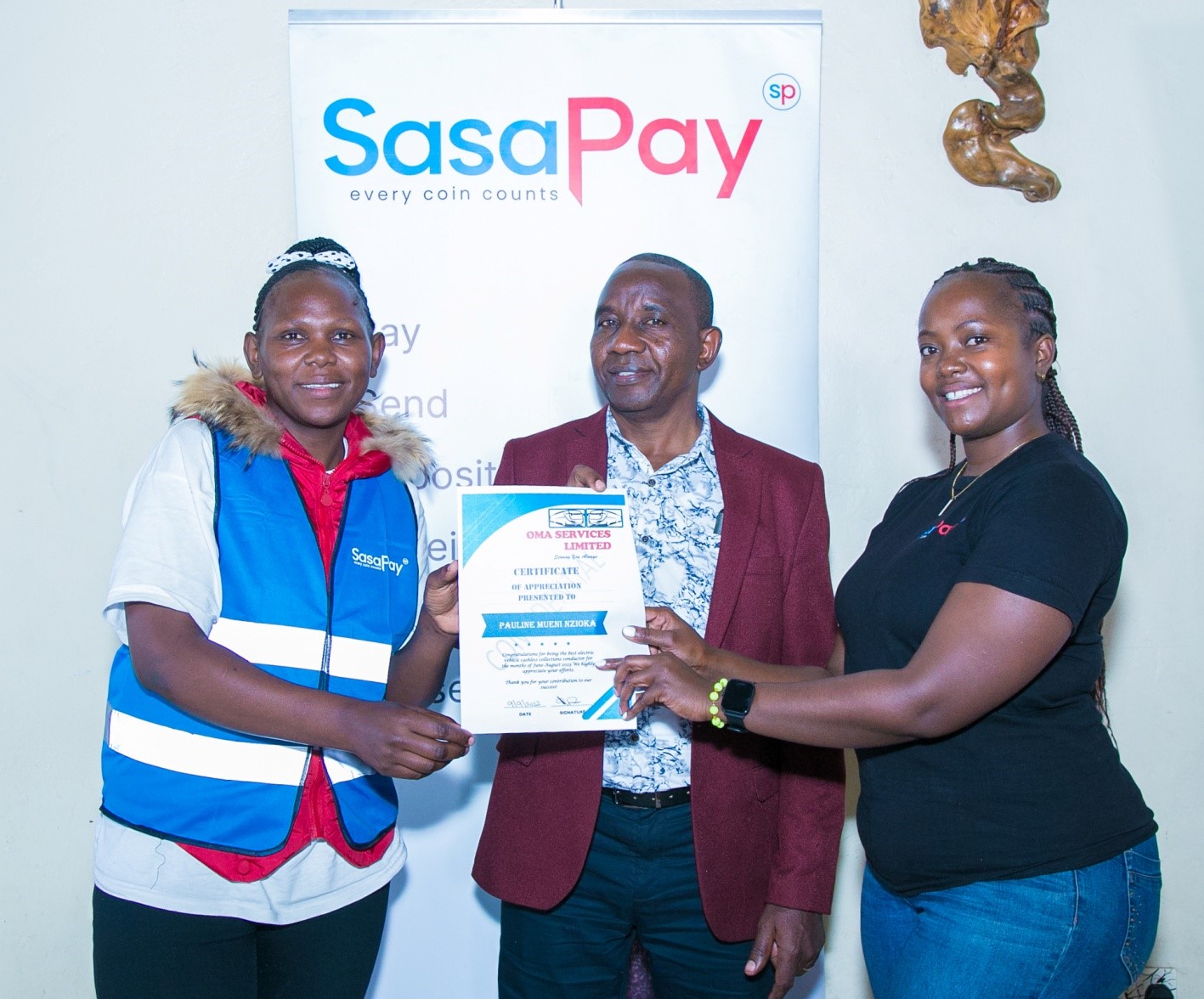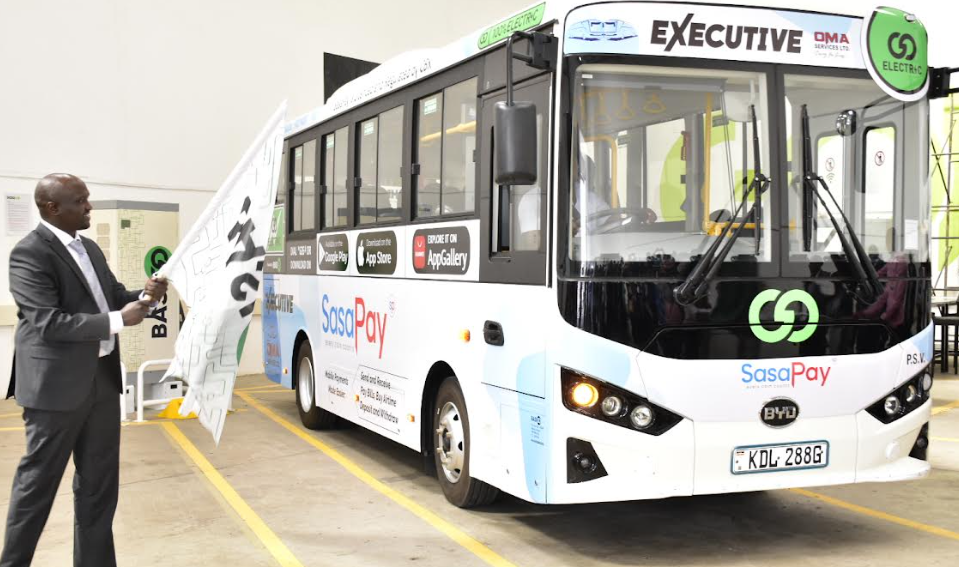SasaPay has introduced a new cash-back model designed to empower business owners to reduce costs and bolster profitability by receiving compensation for collecting payments from customers via SasaPay’s flagship Lipa-Na-Sasapay platform, as opposed to incurring charges.
This innovative approach not only eradicates cash collection fees for merchants but also allows Small and Medium Businesses (SMEs) to earn a daily prorated cash-back at the rate of 1.2% per annum for using the SasaPay platform.
“Currently the norm is businesses are charged to transact via mobile money. With the SasaPay cash-back model, they will be “paid to get paid” instead. For instance, a business collecting Ksh10 million through traditional tills per month, incurs transaction fees totaling Ksh50,000. SasaPay not only eliminates this fee but also helps the business generate earnings from its Collections. They will further have access to working capital from Sasapay partners enabling them to grow their businesses” said Daniel Njoroge, Deputy CEO at SasaPay.
This model has also established interoperability, enabling SasaPay merchants to make and receive payments from all channels, including SasaPay, bank accounts, M-Pesa, Airtel Money, and more.
Additionally, Sasapay users and consumers will enjoy fee-free payments within SasaPay’s ecosystem.
Those making payments through other channels will automatically have a Sasapay account created for them, and the fee they were charged will be refunded as a ‘welcome token’ to Sasapay.
This is a significant relief for merchants who have been compelled to abandon their traditional tills in order to reduce the overall cost of conducting business.
According to estimates from the Kenya National Bureau of Statistics (KNBS), there are over 7 million SMEs in Kenya, providing employment to more than 14.4 million Kenyans across various sectors of the economy.
Data from the Central Bank of Kenya, however, reveal that a staggering 46.3% of SMEs face financial challenges and cease operations within their first year, with the high cost of doing business ranking among the leading factors contributing to this high closure rate.
Read: SasaPay Unveils Cashless Solution For PSVs
>>> SasaPay Appoints Daniel Njoroge As New COO













Leave a comment